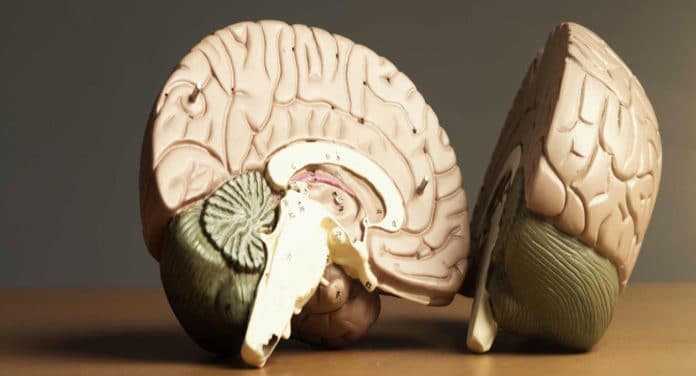Prion diseases are a group of neurodegenerative diseases caused by prions, which are “proteinaceous infectious particles.” Prion diseases are caused by disrupting the structure of a healthy human prion protein, producing toxic clumps in the brain. Because prion protein is central to disease, reducing prion protein in patients is a promising therapeutic approach.
The most common form of prion disease that affects humans is Creutzfeldt-Jakob disease. Bovine spongiform encephalopathy, popularly known as Mad Cow Disease, is another prion disease.
In a new study, Vallabh at the Broad Institute of Harvard and MIT, Holly Kordasiewicz at Ionis Pharmaceuticals, and Deb Cabin at McLaughlin Research Institute, reported a possible effective treatment strategy for patients suffering from prion diseases.
Senior author Sonia Vallabh learned that she carried a mutant form of the prion protein gene before switching careers to become a patient-scientist and advocate for treatment. She and her coworkers had previously observed that antisense oligonucleotides that reduce levels of the prion protein could extend the survival of animals infected with misfolded prions. While these initial data were promising, many critical questions remained before therapeutic development could be possible.
Using an expanded set of prion protein -targeting antisense oligonucleotides, scientists have laid the basis for full-scale clinical development. Scientists found that across multiple treatment paradigms, reducing levels of prion protein in prion-infected lab animals significantly extend their survival.
Scientists have shown that reducing levels of the prion protein can significantly increase the endurance of prion-infected animals. Even reducing prion protein levels barely, which ought to be easier to accomplish clinically, brought about noteworthy endurance benefits.
Reduction of prion protein is effective across prion strains and across a battery of different treatment time points. The researchers show that reducing prion protein is effective before any symptoms are seen. For the first time, they also demonstrate that a single dose of a prion protein -lowering treatment can reverse markers of disease even after toxic clumps have formed in the brain.
Vallabh said, “While there are still many steps ahead, these data give us optimism that by aiming straight at the genetic heart of prion disease, genetically targeted drugs designed to lower prion protein levels in the brain may prove effective in the clinic.”
Journal Reference:
- Eric Vallabh Minikel et al. Prion protein lowering is a disease-modifying therapy across prion disease stages, strains, and endpoints, Nucleic Acids Research, gkaa616, DOI: 10.1093/nar/gkaa616
